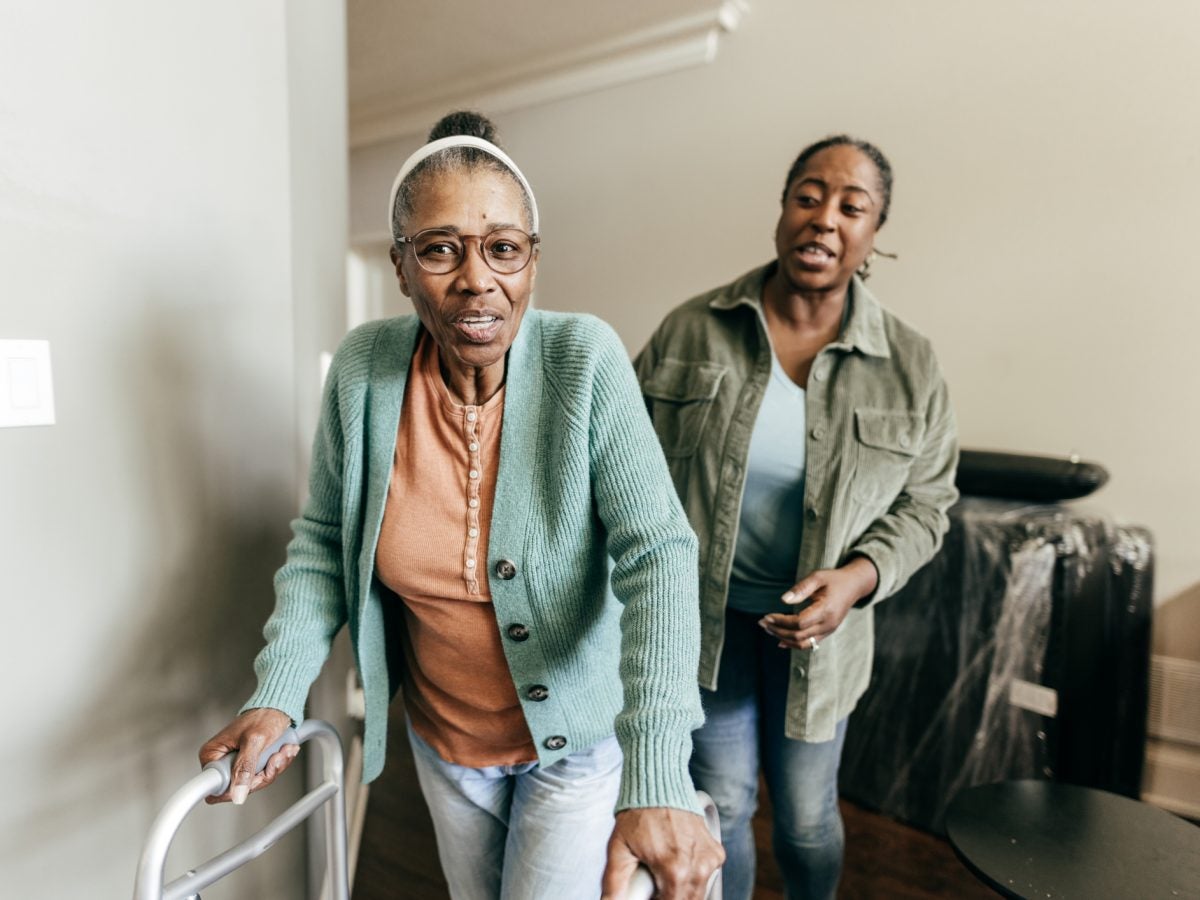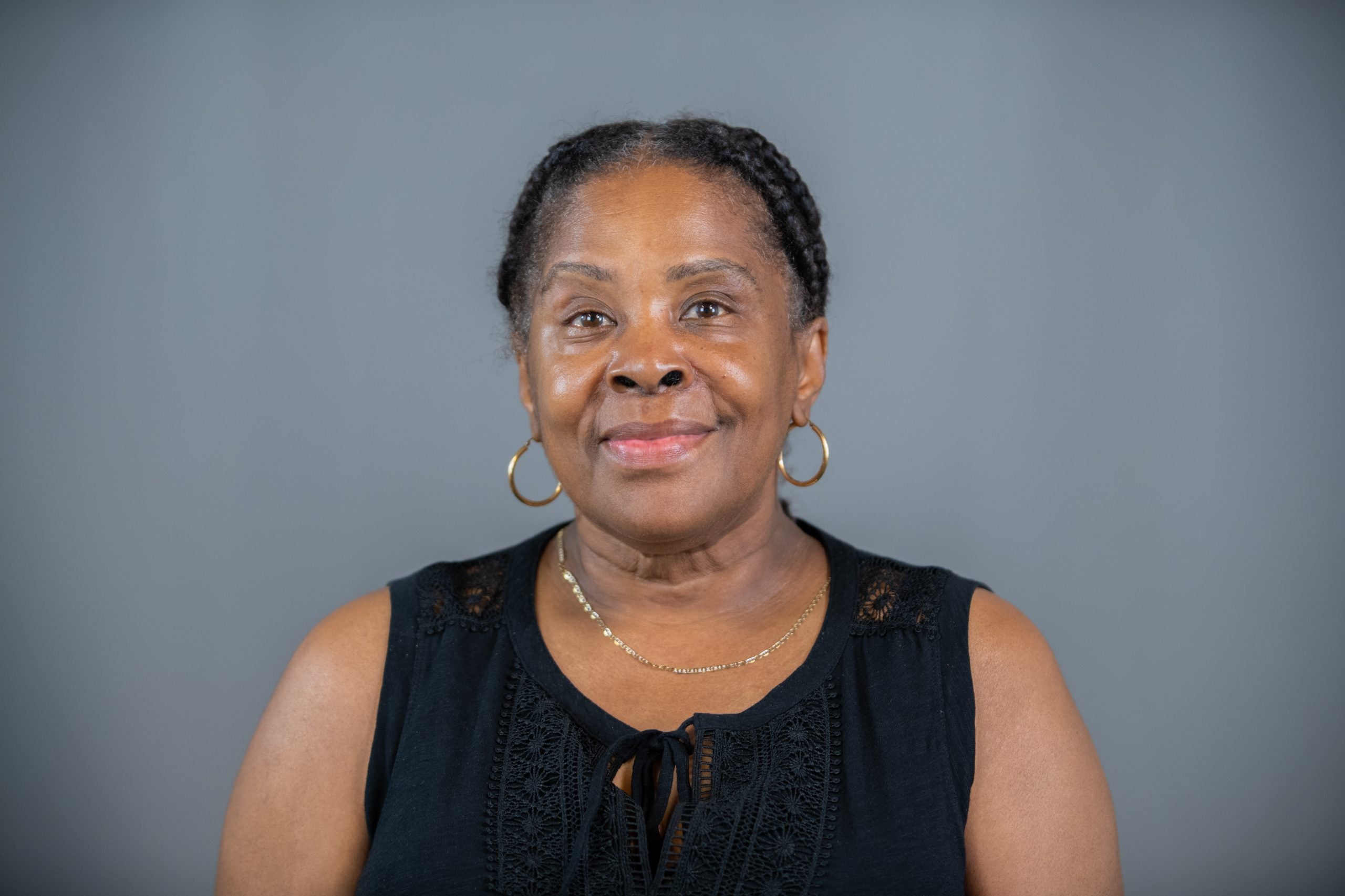
As we approach the final days of the presidential campaign, I am, like every American voter, making my choice based on what these candidates are going to do for families like mine.
When my baby sister was four years old, she contracted a severe case of measles, which led to encephalitis and a lifelong disability. Back then, medical treatments and vaccines for infectious diseases were limited, and our family struggled to find full-time care for my younger sister as she was left with the capabilities of a small child.
Twenty years ago, I took full-time responsibility for her care through a state-funded home services program that allows individuals with severe disabilities like my sister to remain in their homes and maintain as much independence as possible.
On October 8, Kamala Harris announced a plan to expand access to home care services through Medicare, paid for by savings from re-negotiated prescription drug prices that were made possible by the Inflation Reduction Act. This plan would be transformative for the millions of families around our country that struggle to provide unpaid care for their children and aging parents simultaneously.
I love my job as a home care worker, but it is extremely demanding. The physical and mental toll of this work, on top of low wages, makes it difficult to get ahead and quickly leads to burnout. While I was working as my sister’s caregiver, I joined the home care workers’ union, SEIU Healthcare, and discovered the power of care providers joining together to advocate for care and for care work.
Our union’s organizing success has given us a powerful microphone to make our voices heard. For decades, we have approached every contract cycle and every state budget with an eye toward our long-term vision of building a home care for all system.
This summer, I was invited to speak at the Democratic National Convention about the many challenges my coworkers and I have faced throughout our years of service. Our society has historically looked at caring for others as “women’s work,” and because this is a workforce dominated by Black and immigrant women, we are consistently undervalued and underpaid.

And that is exactly what we told President Joe Biden and Vice President Kamala Harris when members of our union were asked to speak at the White House last year. In this administration, the labor movement has found a reliable partner that puts our values into action and delivers real results that improve our lives.
If it weren’t for my union, I don’t know that I would have been able to stay in this profession. Before unionizing, home care workers were paid as little as $1 per hour, and we had no access to health insurance. But after decades of organizing and fighting back against austerity, we have made big strides here in Illinois. After our most recent contract campaign, the home care workers with the most longevity in our program will see our hourly rate bumped up to $24.75/hour over the life of the contract.
The political landscape under a Harris administration would present a once-in-a-lifetime opportunity for care workers to turn the tide in the decades-long assault on the rights of workers to organize and collectively bargain. It would give us the chance to make investments in a care economy that would allow our elders to remain in their own homes and retire with dignity and security.
If you, like me, are basing your decision this November on what the candidates’ plans for the economy would do for your family, I’m here to tell you that when workers speak, Kamala listens.
Judy Hunter is a home care aide from Chicago’s South Side who has been providing home care services through a state-funded program to people with disabilities for over 20 years. She is an active leader in the home care workers’ union, SEIU Healthcare Illinois Indiana.